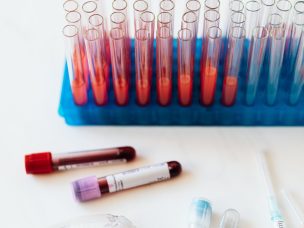Black women are the least likely population to report their mental health status as very good, or excellent. Studies have shown that Black patients metabolize medications more slowly than Caucasians, and as a result often require higher doses of psychiatric prescriptions. Researchers sought answers to understand why Black women are most susceptible to mental health issues and the toll on sickle cell patients.
A study was conducted in search of insight given by Black women inflicted with sickle cell disease. Subjects were questioned regarding what contributing factors have burdened them during the course of their illness, and the effects of these stressors on their mental health. Researchers recorded and analyzed these experiences to understand why Black Women with sickle cell are predisposed to anxiety and/or depression.
It was revealed that Black women experience a particular set of role expectations that are more stressful than those of Caucasian women. Black women feel that their responsibilities include childbearing, employment, and family roles. This puts an unjust level of burden on Black women and unbearable workload on a sickle cell patient.
Discrimination within the medical community was also revealed to be cause a major negative impact on mental health of Black women with sickle cell. Subjects reported that hospital staff treated them poorly, on many occasions assuming that they were drug-seekers, during their pain crisis. This damages mental health by destroying self-esteem, integrity, as well as compromises the health of the patient.
In conclusion, Black women with sickle cell were discovered to be most suspectable to mental health issues, including anxiety and/or depression, due to several factors. Social, cultural, economic barriers, and racism in the healthcare community were identified as factors. To improve the quality of life for Black women with sickle cell, healthcare programs must be made available, and mental health education should be provided to patients.









